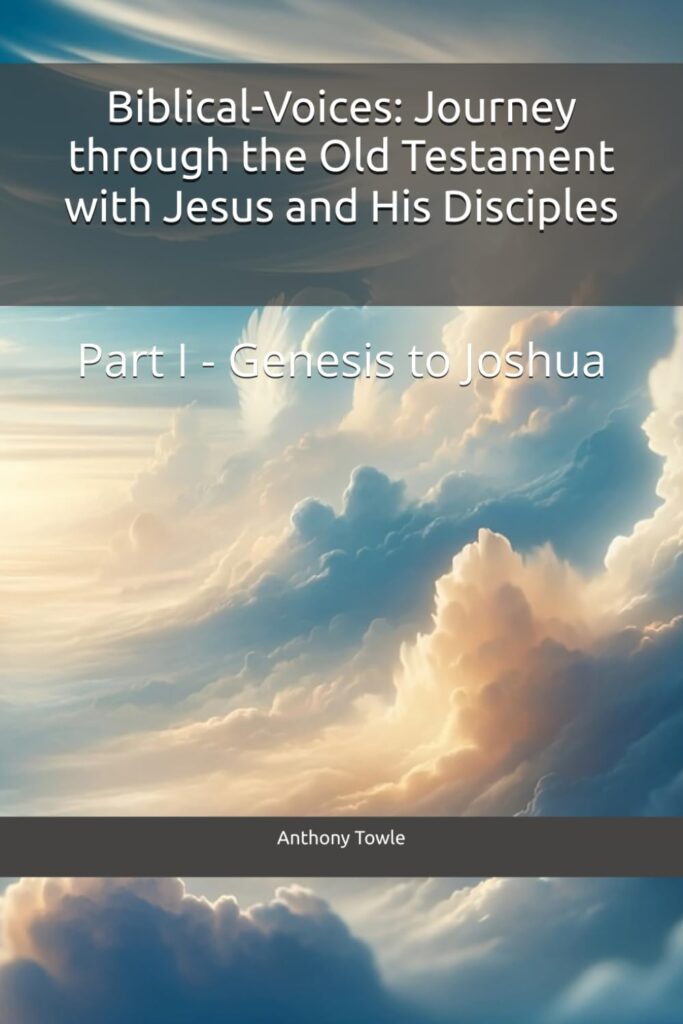Jesus: Ah, a deep and thoughtful question indeed, my friends. Can God simply forgive? Consider this: the nature of God is both justice and mercy. He is righteous, and He is love. To forgive, then, is not to ignore justice but to fulfill it. Yet the Father does not delight in punishing but rather in showing mercy.
Think of the parable of the prodigal son. When the son returns home after squandering his inheritance, the father runs to meet him, embraces him, and forgives him. But the forgiveness comes after the son’s realization of his wrong and his return to the father. This shows the heart of God—He is always ready to forgive those who turn to Him in repentance.
Peter: But Lord, does that mean God cannot just overlook sin? Why must there be repentance first?
Jesus: Peter, you speak as one who understands well the need for both justice and grace. God’s holiness means He cannot simply ignore sin, for it would contradict His righteous nature. But consider this, Peter: “The Son of man is come to seek and to save that which was lost” (Luke 19:10). It is not the Father’s will that any should perish, but that all should come to repentance. Forgiveness is always available, yet He invites us into that reconciliation.
John: Master, you once said, “For God so loved the world, that He gave His only begotten Son” (John 3:16). Is this why the cross was necessary—that God could forgive while still upholding His justice?
Jesus: Indeed, John. Through the cross, God’s justice and mercy met. I bore the sins of many, that those who believe might receive forgiveness. It is not that God could not forgive, but rather that through this act of love, the fullness of His character—His righteousness, His love, His mercy—shines brightly.
God’s forgiveness is available to all, but He also respects our choice to turn to Him. And in His grace, He made a way for that reconciliation through My sacrifice. It is a gift freely given, but like all gifts, it must be received with an open heart.
Thomas: Lord, it is a hard thing to grasp. Must there always be a cost for sin, even when God is so merciful?
Jesus: Yes, Thomas, for the wages of sin is death, but the gift of God is eternal life through Me (Romans 6:23). God’s mercy is indeed vast, but His holiness means that sin must be dealt with. And yet, the price is paid, not by the sinner, but by the one who loves—by Me, the Good Shepherd who lays down His life for the sheep.
So, God can forgive, and He desires to forgive. Yet He does so in a way that upholds both His love and His justice, calling all to turn to Him and receive the gift He offers. Would any of you refuse such grace, or would you rejoice that this way is made open to all?

